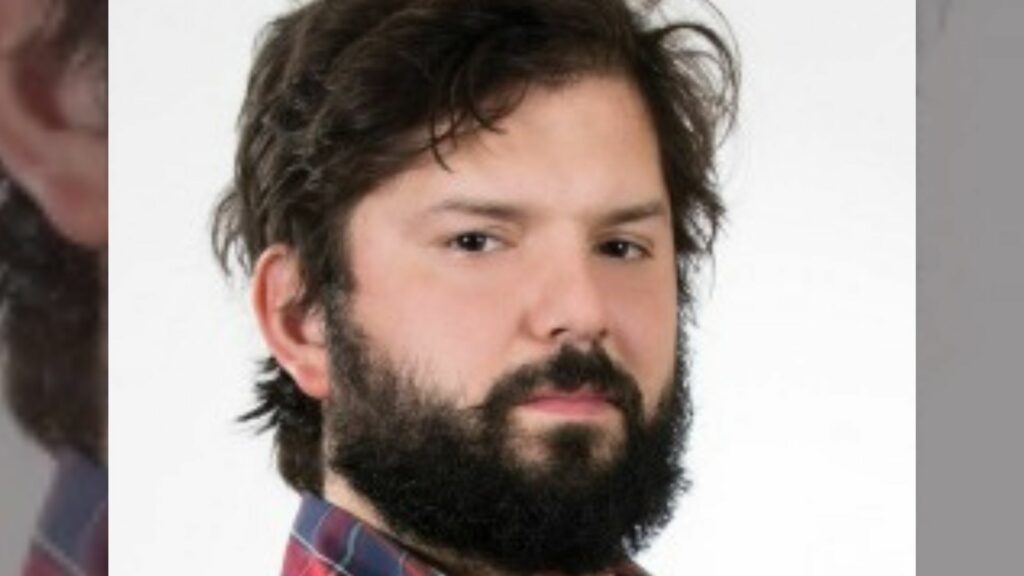35-year-old leftist Gabriel Boric is Chile’s next president
A socialist millennial who grew to prominence during anti-government rallies beat a free-market firebrand compared to Donald Trump to become Chile’s next president.
Gabriel Boric received 56% of the vote, compared to 44% for his opponent, legislator Jos Antonio Kast.
As Boric’s supporters gathered in downtown Santiago to celebrate, Kast posted a photo of himself on the phone with his opponent. President Sebastian Pinera called Boric to congratulate him.
“I am going to be the president of all Chileans,” Boric stated on TV with Pinera.
Boric, 35, will be Chile’s youngest president ever in March. He was elected to Congress in 2014 after organising rallies for better education. Seizing the opportunity to increase social services, combat inequality, and strengthen environmental safeguards, he pledged to “bury” the neoliberal economic model left behind by Gen. Augusto Pinochet’s dictatorship from 1973 to 1990.
Last month, Kast ended two points ahead of Boric in the first round of voting but fell short of a majority. That forced a runoff with Boric.
Boric was able to widen the gap by gaining votes from rural regions who aren’t associated with political extremism. For example, he beat Kast by over 20 points in the northern Antofagasta area, where he finished third in the first round.
Kast, 55, a fervent Roman Catholic and father of nine, rose from the extreme right periphery in 2017. He surged rapidly in the polls this time, emphasising conservative family values and exploiting Chileans’ worries that a rise in Haitian and Venezuelan migration is fueling crime.
He has a history of targeting Chile’s LGBTQ population and supporting draconian abortion legislation. He also accused departing President Sebastian Pinera, a conservative, of undermining Gen. Augusto Pinochet’s economic legacy. Miguel Kast, Kast’s brother, advised Pinochet.
Both candidates recently sought to centre themselves.
“I’m not an extremist. … I don’t feel far right,” Kast said in the closing stretch, despite news that his German-born father was a Nazi party member.
Boric, supported by a leftist alliance that includes Chile’s Communist Party, pledged progressive and economically sensible improvements.
“On both sides, people are voting out of fear,” said Robert Funk, a political scientist at the University of Chile. For fear of authoritarian regression if Kast wins or because Boric is too young, inexperienced, and communist-aligned, both sides are voting.
A split congress may temper Boric’s win.
Also, a newly elected convention is revising the country’s Pinochet-era constitution. If the new charter is passed in a vote, the nation’s most powerful elected institution might call for new presidential elections next year.
